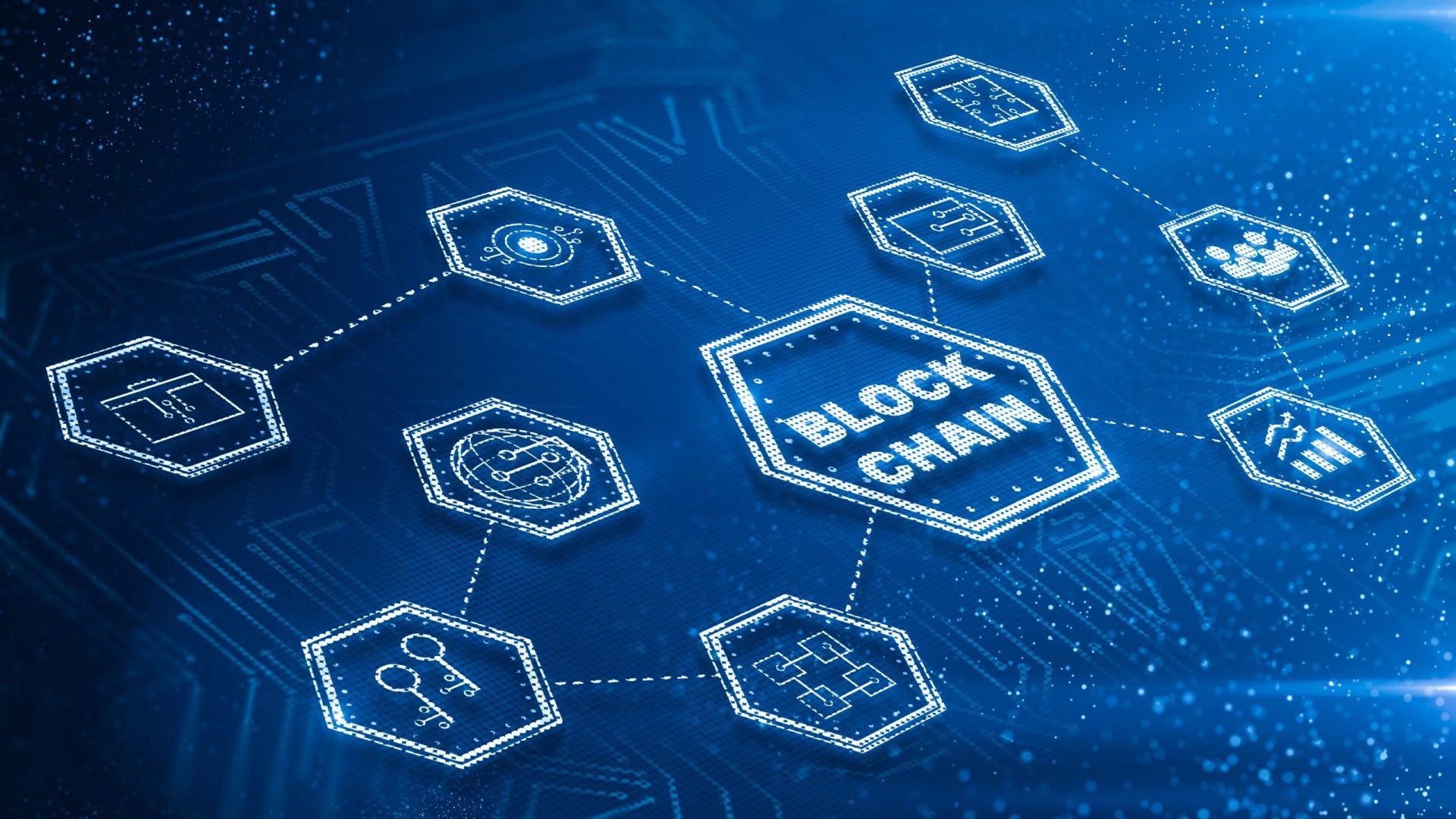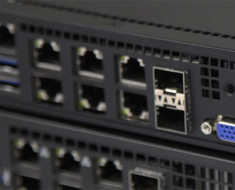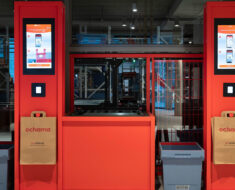
Technology doesn’t stop changing and evolving, but it gets much less coverage than some of the other transformative forces such as politics or economics. Here are some of the latest trends impacting every aspect of our lives.
Artificial intelligence and Machine Learning
Artificial Intelligence means that computers can perform human tasks if they are given enough information. That means computers can do many things people have traditionally done in their brains. These include speech recognition and natural language processing, machine translation, image, and video editing and analysis, automatic planning algorithms, expert systems for diagnosis and treatment, pattern recognition for recognizing known patterns in data, and the like.
Blockchain Technology
Blockchain is an open, distributed ledger that can efficiently record transactions between two parties. Blockchains are currently used to track transactions related to cryptocurrencies. The blockchain is a public ledger that records bitcoin transactions. It is the first decentralized ledger currency ever invented.
Internet of Things
The internet of things (IoT) refers to uniquely identifiable objects and their virtual representations in an Internet-like structure. It is an emerging field of computer science that involves the interconnection of physical things, e.g., intelligent appliances, vehicles, and wearable devices with networks. IoT is expected to include billions of objects by 2030.
3D Printing
3D printing creates physical objects by using additive manufacturing techniques to lay down successive layers of material in a digital model, layer upon layer, like a stack of pancakes. Today, a 3D printer can produce designs in many different materials. The technology is most commonly used for prototyping, creating replacement body parts for humans and animals, and direct manufacturing components.
Quantum Computing
Quantum computers are hypothetical devices that directly use quantum-mechanical phenomena, such as superposition and entanglement, to perform computation. Quantum computers are different from binary digital electronic computers based on transistors. Whereas common digital computing requires that the data be encoded into binary digits (bits), each of which is always in one of two definite states (0 or 1), quantum computation uses quantum bits or qubits which can be in superpositions of states.
Virtual Reality
Virtual reality (VR) is an artificial environment that can be explored and interacted with through a computer. Unlike traditional user interfaces, VR places the user inside an experience. Instead of viewing a screen in front of them, users are immersed and able to interact with 3D worlds. Virtual reality headsets, such as the Facebook Oculus Rift or HTC Vive, create a virtual reality simulation that surrounds the user.
Automation
Automation is executing tasks or activities without human assistance or control. The term covers various activities, including computer programming, machine control, management, and artificial intelligence. Automation is often seen as the opposite of human-directed work, in which humans plan and control the steps involved in completing a task or an activity.
Thanks to the progression of these technologies, people are living better, healthier, and more connected lives every year. More than anything else, people are doing it on their terms and not being pushed around by unjust governments.
Dil Bole Oberoi





